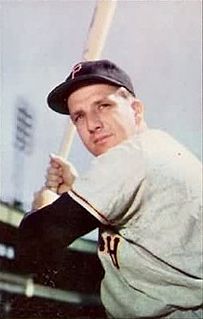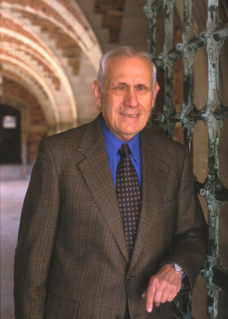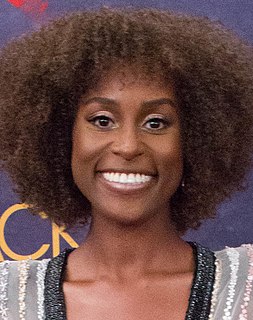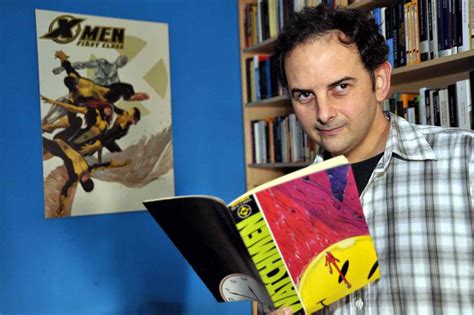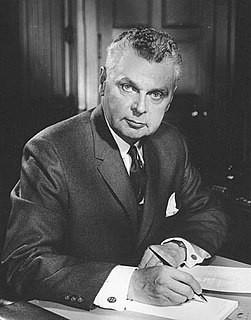A Quote by Will Rogers
A lot of guys have had a lot of fun joking about Henry Ford because he admitted one time that he didn't know history. He don't know it, but history will know him. He has made more history than his critics ever read.
Related Quotes
I feel history is more of a story than a lesson. I know this idea of presentism: this idea of constantly evoking the past to justify the present moment. A lot of people will tell you, "history is how we got here." And learning from the lessons of history. But that's imperfect. If you learn from history you can do things for all the wrong reasons.
[Judge and Jury] is outstanding. I have
learned more about the history of
baseball, true history, than from
anything I have ever read or heard
about. [It's] research and documentation
clarifies so many of the personalities
and events that took place before 'my
time' in the game. Jacques Barzun's
quote: 'Whoever would know the heart
and mind of America had better learn
baseball' should be supplanted by [this]
biography of Landis.
Science fiction is the most important literature in the history of the world, because it's the history of ideas, the history of our civilization birthing itself. ...Science fiction is central to everything we've ever done, and people who make fun of science fiction writers don't know what they're talking about.
I don’t know much about history, and I wouldn’t give a nickel for all the history in the world. It means nothing to me. History is more or less bunk. It's tradition. We don't want tradition. We want to live in the present and the only history that is worth a tinker's damn is the history we make today.
You know, you have a lot of people - I've met a lot of people in the past, I've gone to private schools, you know, encountered different people who think that it's OK to make comments, insensitive comments about your race because they're joking. And think that if they're joking and they say it, you know, good-naturedly, that things will fly.
I think everyone should understand history of segregation the same way we had to go to school and read about George Washington. I believe this generation should know their history and they should know that the struggle's not over yet. For instance, you can't get the cover of a magazine if your skin is too dark.
This act of empathy, that women go through from the time we're little girls - we read all of literature, all of history, it's really about boys, most of it. But I can feel more like Peter Pan than Tinker Bell, or like Wendy. I wanted to be Tom Sawyer, not Becky. And we're so used to that act of empathizing with the protagonist of a male-driven plot. I mean, that's what we've done all our lives. You read history, you read great literature, Shakespeare, it's all fellas, you know?



